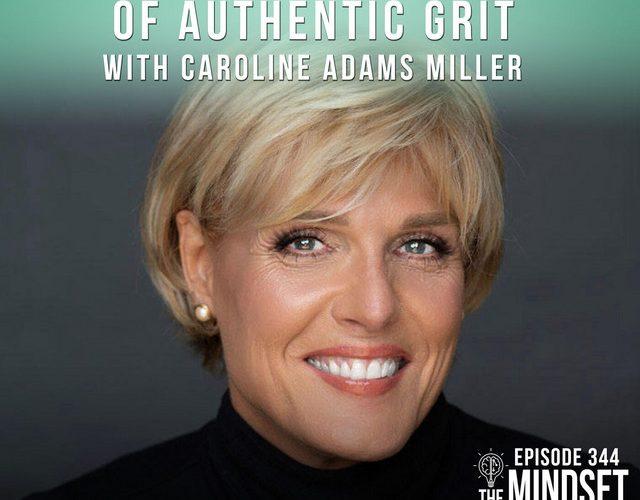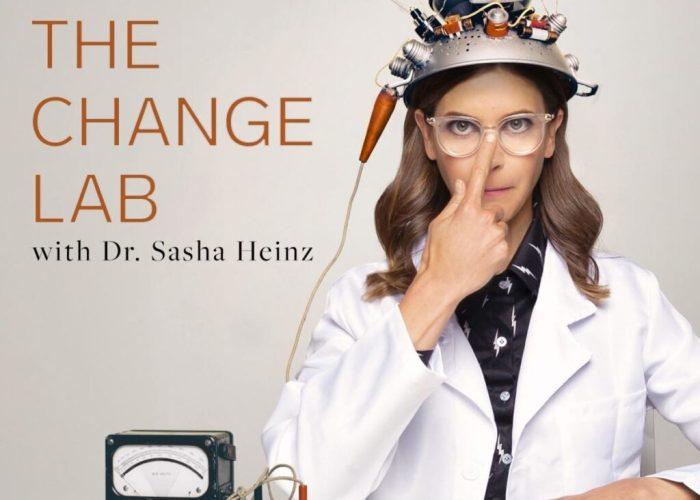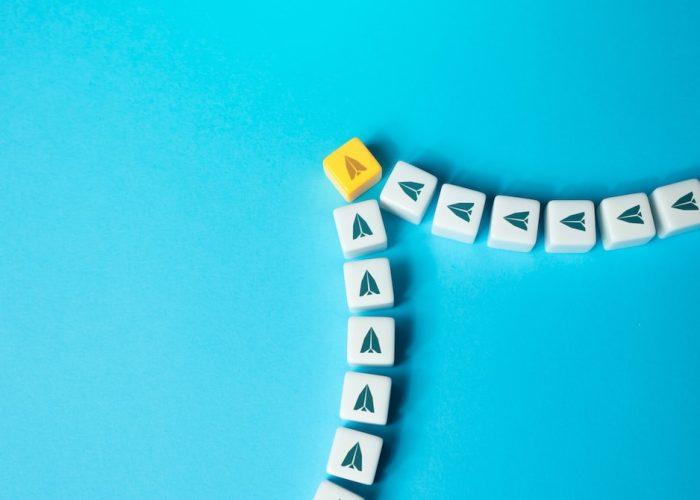By Erin Zammett Rudd
Self Magazine, September 18, 2011
According to research, the answer is yes. But the key to a happy life isn’t strategizing to snag the corner office. What is crucial: creating a road map for living in a more meaningful, fulfilling way, however you define that.
To say I’m a planner is an understatement. At most points in my life, I’ve had both a five-minute plan and a five-year plan, and if I felt myself straying from either, I’d start to sweat. Every step I took was toward the main goal, which was an amorphous yet ambitious “be successful, healthy, slim, married, famous and living in the Home Alone house.”
Then, at 23, I was diagnosed with cancer. For all my planning, suddenly I didn’t know if I’d be alive in five years. As I pondered my uncertain future, I wondered if I should have thrown caution to the wind and winged it.
Even if you’re skeptical that it’s possible (and beneficial) to plan for something as hard to define as a happy life, research says it’s wise to try: A 15-year study of 3,500 people by Melbourne University finds that the happiest folks have clear-cut goals, both short- and long-term, in a variety of areas, including friendship, love and helping others.
“If you don’t devise a plan, you may end up living by default—letting things happen to you, instead of making them happen,” says Caroline Adams Miller, author of Creating Your Best Life. “To become happier in a lasting way, you need to keep working toward meaningful goals,” adds Sonja Lyubomirsky, Ph.D., author of The How of Happiness. Notice she says work toward them rather than achieve them. It’s not all about setting goals, attaining them and—voilà!—you’re thrilled. It’s about the joy of striving. “When we hit a milestone, the good vibes don’t usually last. We adapt,” Lyubomirsky says. The fact that humans don’t stay satisfied makes evolutionary sense: “Dreaming up new challenges keeps giving us hits of happiness,” she says.
READ THE REST OF THE ARTICLE ONLINE




